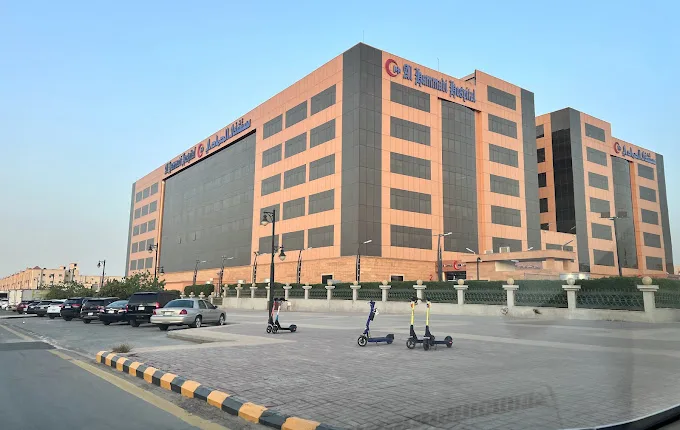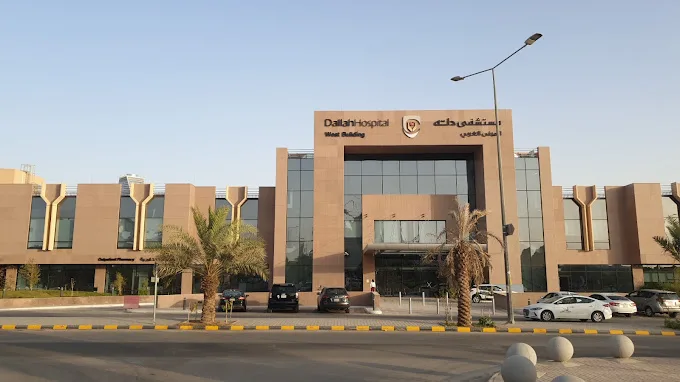Navigating Healthcare in Riyadh: A Comprehensive Guide
Healthcare in Riyadh
Moving to a new city brings its own set of challenges and learning the ropes of its healthcare system is one such challenge. If you are an expat planning to live in Riyadh, we’re here to ease your worries about healthcare facilities. Let’s delve into understanding the health infrastructure, health insurance, and important health tips for residing in Saudi Arabia’s capital.
A Peek Into Riyadh’s Healthcare System
Saudi Arabia’s healthcare system has undergone substantial improvements since the establishment of the Ministry of Health in the 1950s. The facilities in major cities, including Riyadh, offer decent to excellent quality standards. In fact, the World Health Organization has ranked Saudi Arabia’s healthcare system ahead of countries like Canada and the United Arab Emirates.

Understanding Health Insurance for Expats
Riyadh’s primary health centers and public hospitals offer free access primarily to Saudi nationals, with the occasional exception of foreign nationals employed in the public sector. Hence, most expats are required to secure private health insurance for their stay in Riyadh.
Several Saudi-based companies offer medical insurance plans to their foreign employees and their dependent family members. However, it is crucial to thoroughly review your company’s healthcare plan to understand its services, especially if you have pre-existing conditions that may not be covered. It might be beneficial to consider supplementary insurance for coverage of dental care or medical repatriation costs.
In the absence of health coverage from your employer, you should start exploring options from large international insurance companies such as Axa, Allianz, Aviva, or Cigna. Make sure to contact these providers well in advance and compare their costs considering your age, gender, and overall health condition.

Pre-Departure Health Tips for Riyadh
Before you embark on your journey to Riyadh, ensure you are up-to-date with standard vaccinations such as tetanus, diphtheria, whooping cough; mumps, measles, rubella; influenza, and polio. For long-term stays in Saudi Arabia, additional recommended vaccinations include typhoid fever, rabies, hepatitis A and B, as well as meningitis.
In terms of packing, considering the desert climate of Riyadh, include lots of light clothing made of natural fibers to make the summer months more bearable. Don’t forget to pack a few sweaters and jackets for the cooler winter months!
Health Tips Upon Arrival in Riyadh
After your arrival in Saudi Arabia, try to avoid exposure to the sun during the peak hours of the day. Many Saudi businesses close for an extended siesta in the early afternoon, providing employees a break from the intense heat.
Hydration is key in this arid climate. Make sure to drink ample amounts of water and consider keeping hydration salts handy to quickly restore your electrolyte metabolism if you suffer from light dehydration.
If you are on prescription medication, bring a letter from your doctor (along with a certified Arabic translation) to avoid any issues with customs. Saudi Arabia maintains stringent policies on the import of certain medications.
In recent times, the Coronavirus has emerged as a health concern in Saudi Arabia. For updated information on prevention and infection control, please refer to the resources provided by the Saudi Ministry of Health.

Medical Services in Riyadh
For minor health issues, some expat compounds provide a nurse’s office or resident physician. In case of a medical emergency, dial 997 or call a nearby hospital to dispatch an ambulance. Here are some of Riyadh’s largest and most popular hospitals:
- Dallah Hospital (Al Nakheel)
- Dr Sulaiman Al Habib Medical Group (Olaya /Alrayyan)
- Dr Abdul Rahman Almishari Hospital (Olaya)
- Kingdom Hospital Consulting Clinics (Arrabea)
- Riyadh National Hospital (Al Malaz)
- Saudi German Hospital Riyadh (As Sahafa)
- Specialized Medical Center (Olaya)
Healthcare in Riyadh
The Saudi government’s efforts to train national medical staff mean many doctors and nurses are either foreign-born or have received their medical training abroad. Hence, communication in English is widely accepted in the medical sector.
As an expat in Riyadh, being prepared with the right health insurance and having knowledge about the city’s healthcare system can provide you with a sense of security and wellbeing as you navigate this new chapter of your life.
